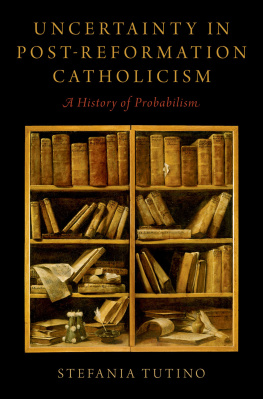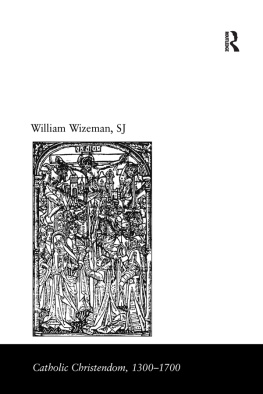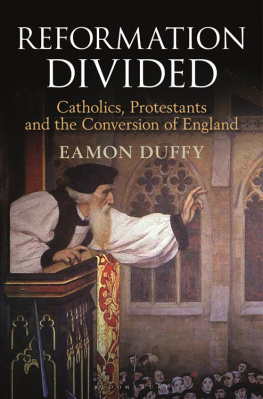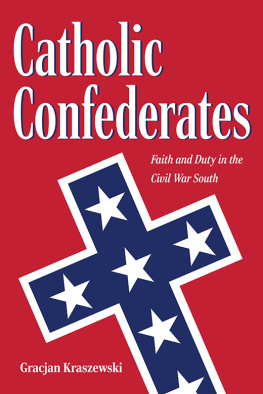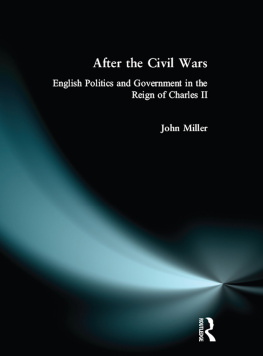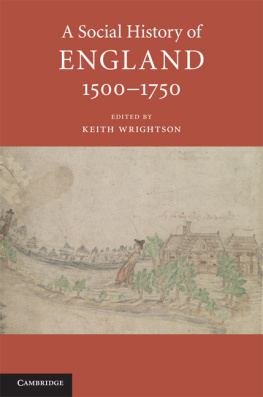Thomas White and the Blackloists
However often experiment and reasoning may show a man that under the same conditions and with the same character he will do the same thing as before, yet when under the same conditions and with the same character he approaches for the thousandth time the action that always ends in the same way, he feels as certainly convinced as before the experiment that he can act as he pleases. Every man, savage or sage, however incontestably reason and experiment may prove to him that it is impossible to imagine two different courses of action in precisely the same conditions, feels that without this irrational conception (which constitutes the essence of freedom) he cannot imagine life. He feels that however impossible it may be, it is so, for without this conception of freedom not only would he be unable to understand life, but he would be unable to live for a single moment.
L. Tolstoj, War and Peace
Thomas White and the Blackloists
Between Politics and Theology during the English Civil War
STEFANIA TUTINO
First published 2008 by Ashgate Publishing
Published 2016 by Routledge
2 Park Square, Milton Park, Abingdon, Oxon OX14 4RN
711 Third Avenue, New York, NY 10017, USA
Routledge is an imprint of the Taylor & Francis Group, an informa business
Copyright Stefania Tutino 2008
Stefania Tutino has asserted her moral right under the Copyright, Designs and Patents Act, 1988, to be identified as the author of this work.
All rights reserved. No part of this book may be reprinted or reproduced or utilised in any form or by any electronic, mechanical, or other means, now known or hereafter invented, including photocopying and recording, or in any information storage or retrieval system, without permission in writing from the publishers.
Notice:
Product or corporate names may be trademarks or registered trademarks, and are used only for identification and explanation without intent to infringe.
British Library Cataloguing in Publication Data
Tutino, Stefania
Thomas White and the Blackloists: Between Politics and Theology during the English Civil War. - (Catholic Christendom, 13001700)
1. White, Thomas, 15931676. 2. Digby, Kenelm, Sir, 16031665. 3. Holden, Henry, 15961662. 4. Catholics England History 17th century. 5. Religion and politics England History 17th century. I. Title
282.4209032
Library of Congress Cataloging-in-Publication Data
Tutino, Stefania.
Thomas White and the Blackloists: Between Politics and Theology during the English Civil War / by Stefania Tutino.
p.cm. (Catholic Christendom, 13001700)
Includes bibliographical references (p.) and index.
1. White, Thomas, 15931676. 2. Christianity and politics England History 17th century. I. Title.
B1299.W454T88 2008
ISBN 978-0-7546-5817-7 (hbk)
Contents
The still-usual emphasis on medieval (or Catholic) and reformation (or Protestant) religious history has meant neglect of the middle ground, both chronological and ideological. As a result, continuities between the middle ages and early modern Europe have been overlooked in favor of emphasis on radical discontinuities. Further, especially in the later period, the identification of reformation with various kinds of Protestantism means that the vitality and creativity of the established church, whether in its Roman or local manifestations, has been left out of account. In the last few years, an upsurge of interest in the history of traditional (or catholic) religion makes these inadequacies in received scholarship even more glaring and in need of systematic correction. The series will attempt this by covering all varieties of religious behavior, broadly interpreted, not just (or even especially) traditional institutional and doctrinal church history. It will to the maximum degree possible be interdisciplinary, comparative and global, as well as nonconfessional. The goal is to understand religion, primarily of the Catholic variety, as a broadly human phenomenon, rather than as a privileged mode of access to superhuman realms, even implicitly.
The period covered, 13001700, embraces the moment which saw an almost complete transformation of the place of religion in the life of Europeans, whether considered as a system of beliefs, as an institution, or as a set of social and cultural practices. In 1300, vast numbers of Europeans, from the pope down, fully expected Jesuss return and the beginning of His reign on earth. By 1700, very few Europeans, of whatever level of education, would have subscribed to such chiliastic beliefs. Pierre Bayles notorious sarcasms about signs and portents are not idiosyncratic. Likewise, in 1300 the vast majority of Europeans probably regarded the pope as their spiritual head; the institution he headed was probably the most tightly integrated and effective bureaucracy in Europe. Most Europeans were at least nominally Christian, and the pope had at least nominal knowledge of that fact. The papacy, as an institution, played a central role in high politics, and the clergy in general formed an integral part of most governments, whether central or local. By 1700, Europe was divided into a myriad of different religious allegiances, and even those areas officially subordinate to the pope were both more nominally Catholic in belief (despite colossal efforts at imposing uniformity) and also in allegiance than they had been four hundred years earlier. The pope had become only one political factor, and not one of the first rank. The clergy, for its part, had virtually disappeared from secular governments as well as losing much of its local authority. The stage was set for the Enlightenment.
Thomas F. Mayer,
Augustana College
The research for this book, which is about a group of intellectuals of many different talents and interests, has obliged me to venture outside of familiar intellectual territories and into a series of themes and problems utterly new and foreign to me. And while the many new things learned have provided no small part of my enjoyment in working on this book, I have relied tremendously on the help of many colleagues and friends, and without their scholarly generosity I could have not completed my project. Among them I would like to thank Jeffrey Collins, Barbara Donagan, Mordechai Feingold, Lori Anne Ferrell, Lowell Gallagher, Anita Guerrini, Knud Haakonssen, James Jacob, Margaret Jacob, Marc Lerner, Thomas Mayer, Kirstie McClure, Sears McGee, Peter Reill, Susan Rosa, Jonathan Scott, Debora Shuger, Susan Wabuda. Of course, omissions and errors remain my own.
During the completion of this book I have also benefited from the generosity of many institutions, and in particular UCLA, where I held a Mellon Fellowship from 2003 to 2005, and the William Andrews Clark Memorial Library; the Harry Ransom Center of the University of Texas at Austin; the Huntington Library. I am grateful to the librarians and staff of all these places, who have contributed to make my research trips as pleasant and productive as they could be. I would like to thank Reverend Ian Dickie, who was the archivist of the Westminster Diocesan Archives in London, for his assistance during my visits to the Archives, and many thanks to the staff of the Bodleian Library and British Library. I am also grateful to the librarians and archivists of the Notarieel Archief and Koninklijke Bibliotheek, The Hague, where I went to trace Whites movements in the Netherlands. While I could not find what I was looking for, I did find an impressive degree of professional competence and scholarly generosity among the staff of those libraries. I would also like to thank Dr. Daniel Ponziani and Dr. Johan Ickx, respectively the current and former archivist of the Archive of the Congregation for the Doctrine of Faith, as well as Mons. Alejandro Cifres, director of the Archive, for their help during my visits.


